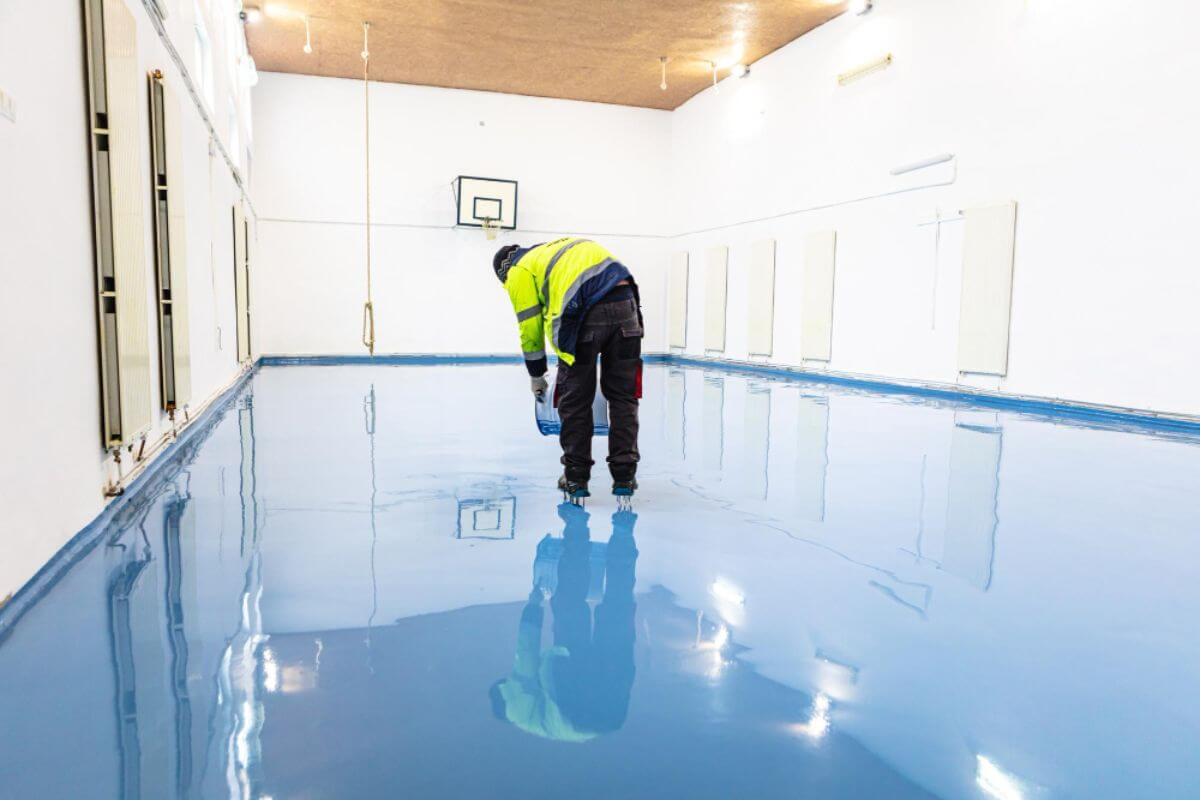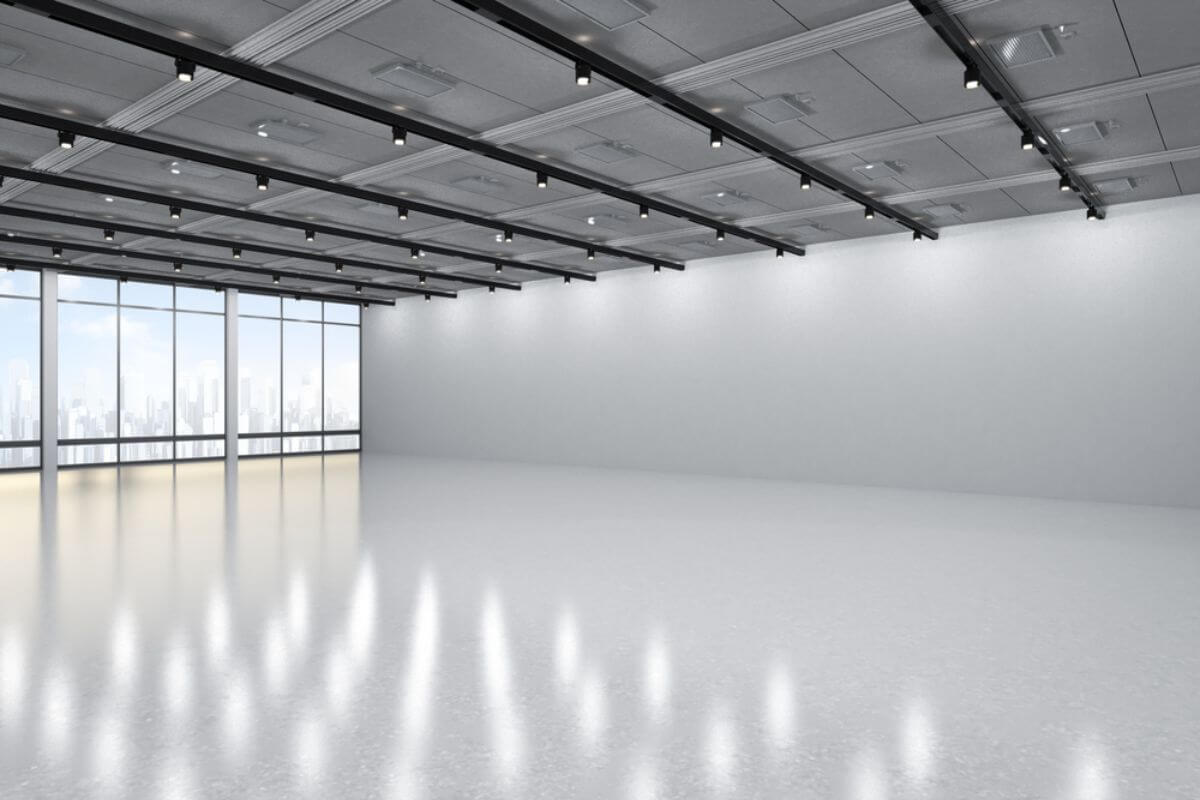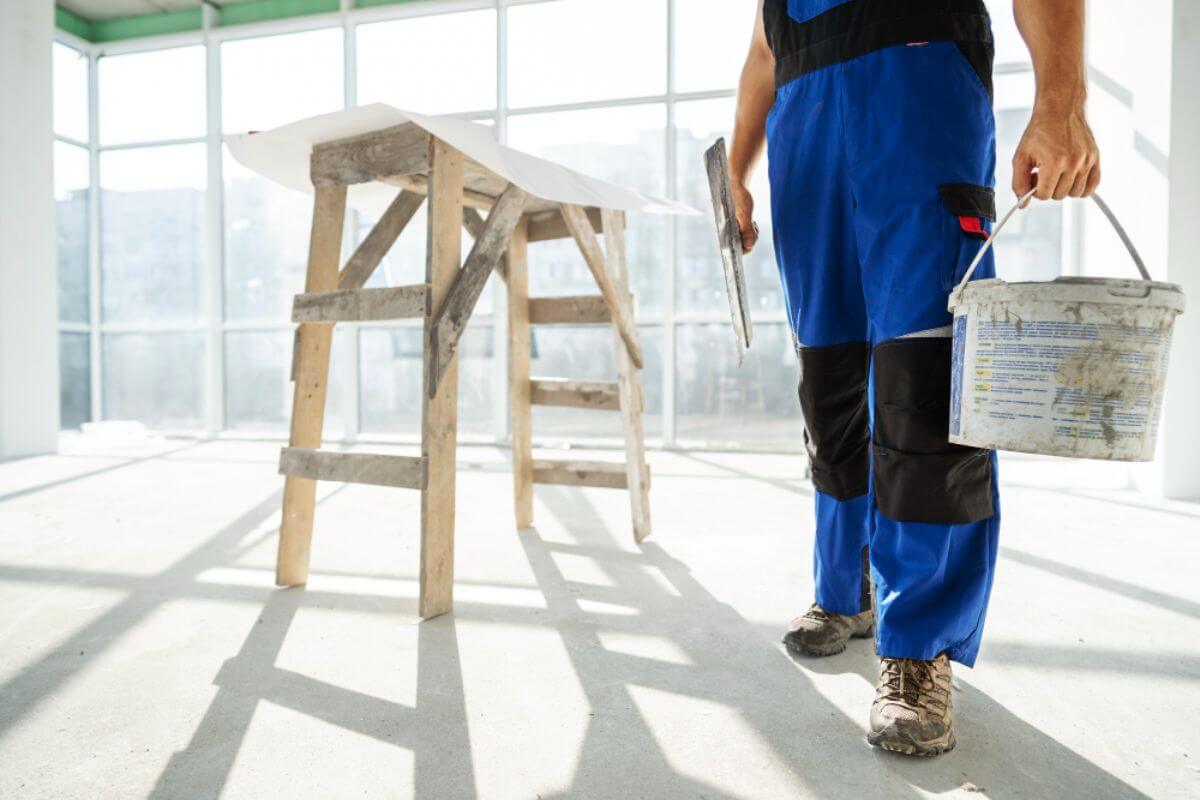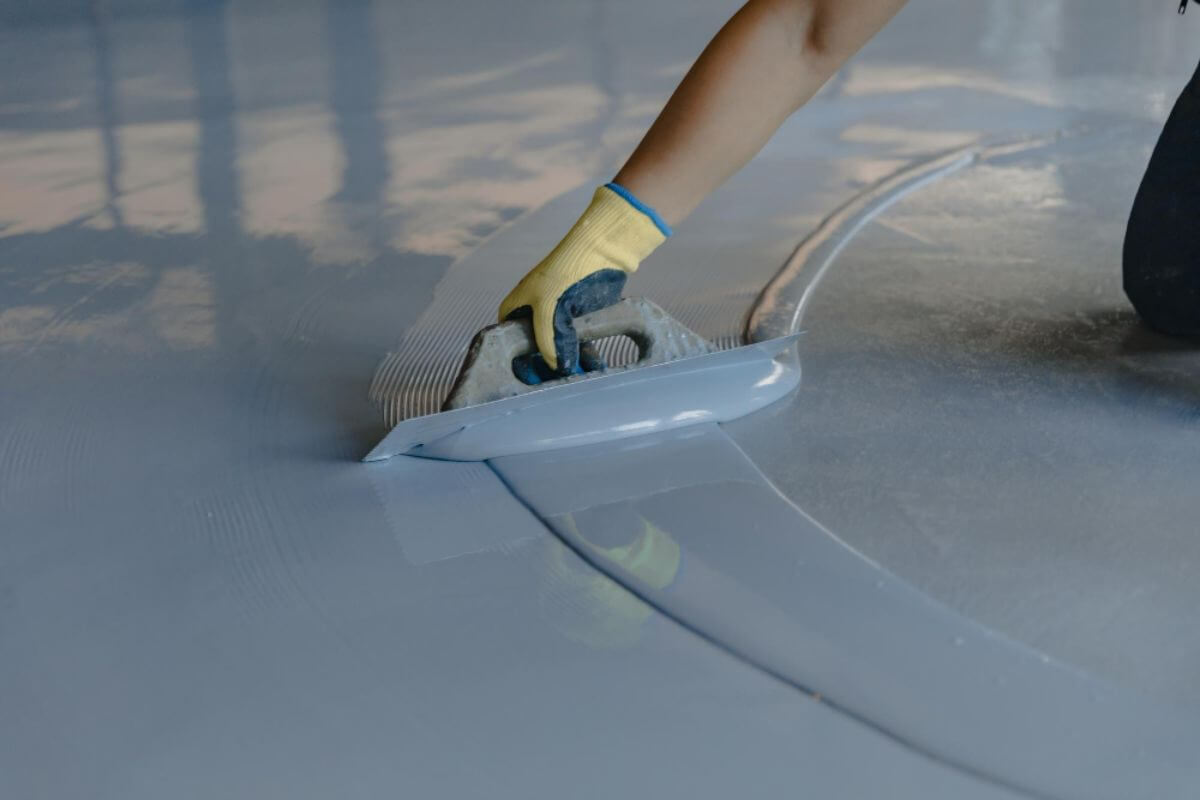Characteristics of a High-Quality Industrial Kitchen Flooring

What are the characteristics of high-quality industrial kitchen flooring?
- Rugged construction
- Chemical-resistant
- Traction-secure
- Hygienic and cleanable
- Thermally resilient
Overview
- The foundation of high-quality industrial kitchen flooring lies in its rugged construction, going beyond durability to withstand heavy foot traffic and rigorous cleaning routines.
- Materials like reinforced concrete, epoxy flooring, and certain rubber exemplify this construction, providing longevity, accident prevention, and a lasting aesthetic appeal.
- Maintaining a sanitary environment is crucial for industrial kitchens, which is achievable through hygienic and cleanable flooring materials like stainless steel and sealed concrete.
- In high-temperature industrial kitchens, thermally resilient flooring materials like epoxy resin and quarry tiles are essential for withstanding the heat generated during cooking and cleaning, ensuring the structural integrity and reliability of the flooring for daily operations in these settings.
An industrial kitchen is a specialized facility for large-scale food production, typically found in restaurants, hotels, catering services, and food processing plants. That is why in choosing your kitchen flooring, some of the most important things to consider are heavy-duty appliances, machinery, tools, and most of all, the demands of high-volume cooking and food preparation.
In this article, we will discuss how understanding the characteristics of high-quality industrial kitchen flooring can be a game-changer to your kitchen’s overall functionality, cleanliness, and safety.
Rugged Construction

High-quality industrial kitchen flooring needs to be tough and sturdy. It should be able to handle many people walking on it, heavy equipment being moved around, and frequent cleaning.
Materials like reinforced concrete, epoxy flooring, and certain rubber materials are examples of this kind of tough construction. They not only save money on repairs but also help prevent accidents.
Plus, they keep the kitchen looking good for a long time. So, having rugged industrial kitchen flooring is important for maintaining a safe and durable environment that can withstand the demands of a busy kitchen.
Chemical-resistant
Spills from oils and greasy substances are common in a busy restaurant kitchen. These can pose a significant risk to the flooring if it is not resistant to such substances. That’s why it’s essential for the flooring to withstand the corrosive nature of chemicals, oils, and cleaning agents frequently used in this setting.
To address this challenge, the use of chemically resistant flooring materials becomes crucial. Epoxy coatings, specific tile variants, or stainless steel floors are indispensable choices in this context. These materials offer robust protection, effectively shielding the flooring from the corrosive impact of chemicals, oils, and cleaning agents. By opting for chemically resistant flooring, the restaurant ensures the prolonged durability and optimal functionality of its kitchen flooring amid the demanding conditions of a busy culinary environment.
Traction-secure
A traction-secure floor provides a stable and slip-resistant surface, which is critical for the safety of kitchen staff, who must navigate through water, oils, and other liquids commonly found in the kitchen.
This kind of secure floor is crucial for keeping the kitchen staff safe as they move around. The floor might have a rough surface, a special coating, or be made of rubber—all these things help ensure that the staff can stay steady on their feet, even when the floor is tricky to walk on.
Having good traction security in a kitchen is like having a safety net for the people working there, ensuring they can stay safe and sound, no matter how challenging the environment gets.
Hygienic and Cleanable
Bacteria, viruses, and other contaminants can thrive in unsanitary kitchens. Proper sanitation practices, such as regular cleaning and disinfection, help eliminate these pathogens and reduce the risk of foodborne illnesses.
To ensure food safety and prevent the spread of illnesses, industrial kitchens must maintain a sanitary environment by using stainless steel countertops and sealed concrete flooring.
Through this, companies can promote a clean and sanitary environment by reducing the risk of contamination and maintaining the highest cleanliness standards.
Thermally Resilient

In industrial kitchens, where high temperatures are constant, having thermally resilient flooring is crucial to ensure safety and durability. For instance, using epoxy resin flooring and quarry tiles is essential to withstand the high temperatures generated during cooking and cleaning.
This resilience ensures that the flooring remains intact, without warping or cracking, even in the face of intense heat. As a result, the kitchen environment remains safe, and the flooring maintains its structural integrity, providing a reliable foundation for daily operations in the high-temperature setting of an industrial kitchen.
Key Takeaway
Prioritizing these key characteristics of high-quality industrial kitchen flooring ensures a foundation that withstands the test of time and contributes to a safe, efficient, and hygienic workspace.
So, if you’re looking for an industrial kitchen floor with characteristics that extend beyond mere functionality but can endure the challenges of the industrial kitchen environment, look no further than Flooring Solutions.
Contact us today and take the first step towards a foundation that meets your industrial kitchen’s demands.





